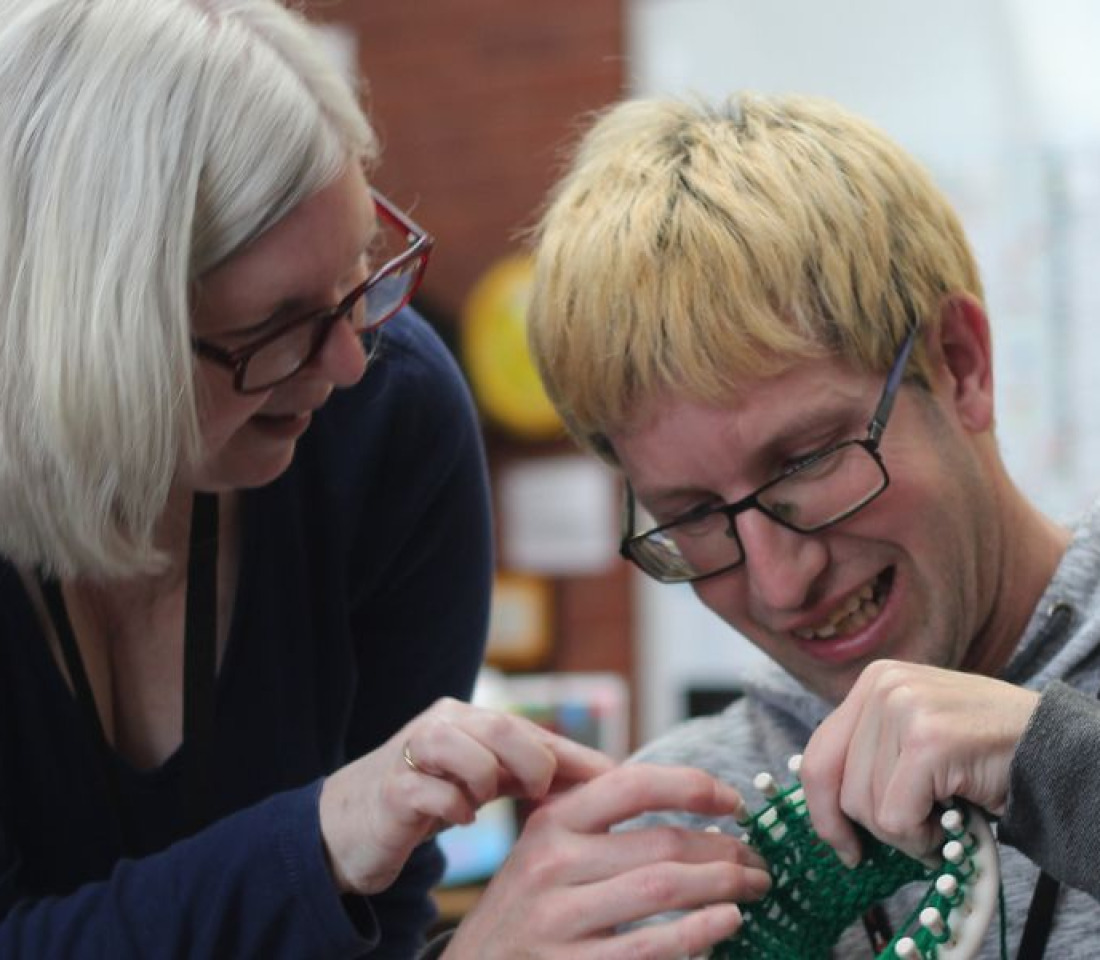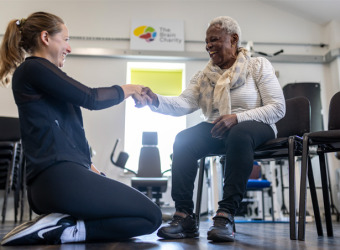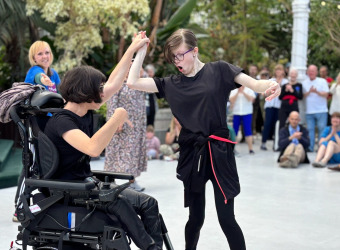What are centronuclear myopathies?
Centronuclear myopathies are a group of inherited conditions, that affect how muscles develop. This leads to reduced muscle strength in the face, neck and limbs.
The condition is usually noticeable from birth and can be split into two groups:
- Those inherited from one or both parents (autosomal) – affects both girls and boys equally and tends to have milder symptoms
- Those passed down through an X-chromosome (X-linked) – affects boys more seriously. This type is often referred to as myotubular myopathy.
What causes centronuclear myopathies?
Centronuclear myopathies are caused by mutations in the genes that control how muscles develop. In CNMs, the nuclei (which act as the control centre of the cell), are found towards the middle of the cells, rather than around the outside – as seen in healthy cells.
The central position of the nuclei is why this condition is referred to as ‘centronuclear’.
What are the symptoms of centronuclear myopathies?
The symptoms of centronuclear myopathies vary based on how the condition is inherited. More severe symptoms include:
- Severe muscle weakness – including those that control blinking and smiling
- Breathing difficulties – caused by weakened muscles around the lungs and chest
- Delayed motor milestones – due to poor muscle tone resulting in the body appearing ‘floppy’
- Feeding difficulties – caused by problems with chewing or swallowing.
Milder symptoms that may not be diagnosed until late childhood, or even adulthood include:
- Progressive muscle weakness – making walking and lifting difficult
- Drooping eyelids, or limited eye movements – due to weak facial muscles
- A curved spine – affecting posture and movement
- Frequent chest infections – weak breathing muscles make coughing and clearing lungs harder.
















